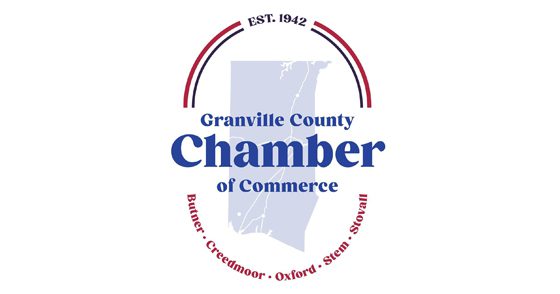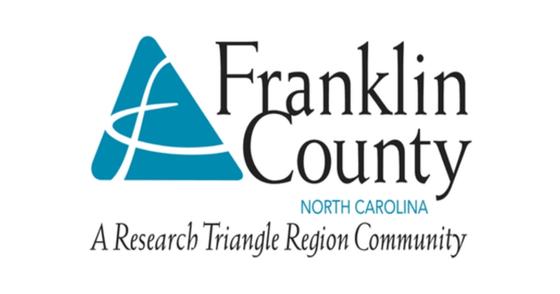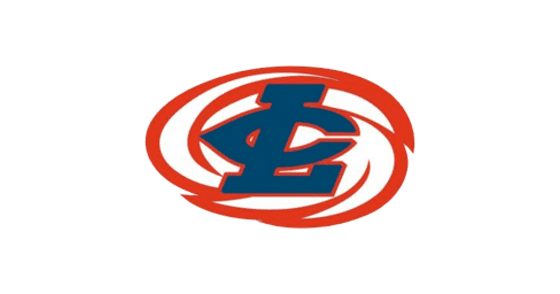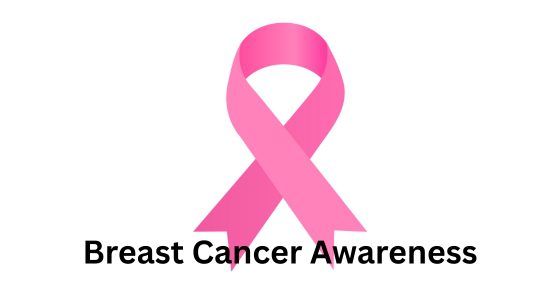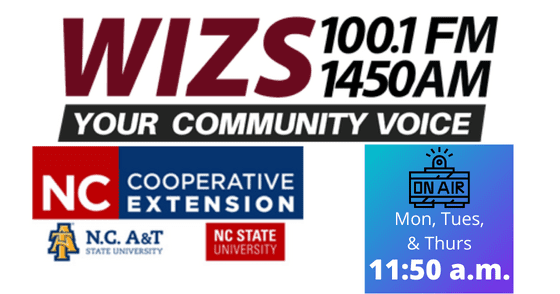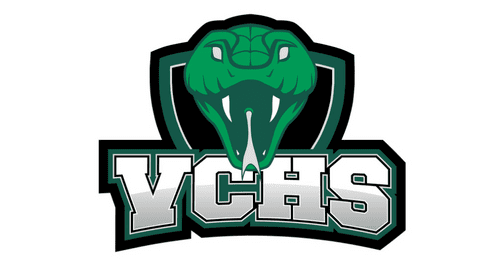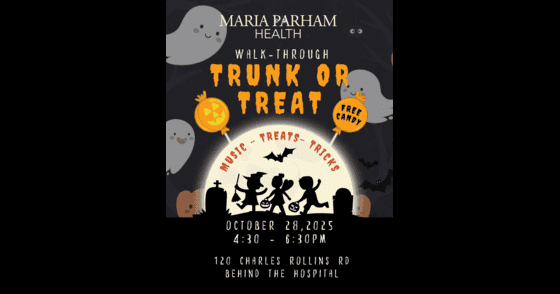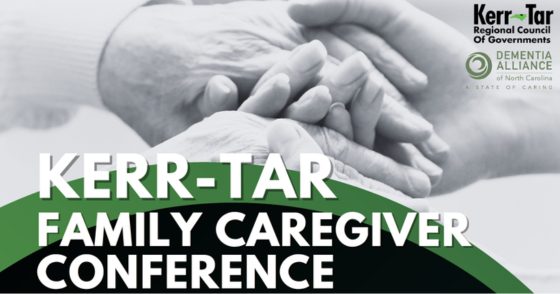When it comes to caring for our pets, local veterinarian Dr. Aleksandar Besermenji says the simplest solution is often the best solution when it comes to reducing obesity – portion control and exercise are key components in maintaining dog and cat health.
“We do see a lot of animals with issues of extra weight,” Besermenji said on Tuesday’s recurring Pet and People segment of The Local Skinny! Besermenji practices at Franklinton Animal Hospital on U.S. 1 in Franklinton.
Just like in humans, it’s not good for dogs and cats to have an “unhealthy accumulation of body fat,” Besermenji said. And just like in humans, dogs and cats that consume more calories than they expend in energy end up with fat reserves in their bodies.
The key is prevention, he noted. “Feed them what the (label) says and nothing more.”
Granted, that’s easier said than done, but if pet owners don’t oversee what their pets are eating, it opens the door for problems – especially insulin resistance and diabetes in cats and joint and bone problems for dogs.
Exercise is as important as diet when it comes to maintaining healthy weights. As pets age, however, they may be less energetic. And that may be a time to revisit the type and amount of food they eat.
A little bit of canned food is ok – on occasion – but it’s not a good idea to feed only canned food. “When they crunch on those kibbles, it helps to scrape the tartar off” teeth, Besermenji said, emphasizing the importance of dry food in a pet’s diet.
Franklinton Animal Hospital is open Monday – Friday 8 a.m. to 5 p.m. and Saturday 8 a.m. to 12 noon. Call 919.341.1055 to learn more.
CLICK PLAY!

